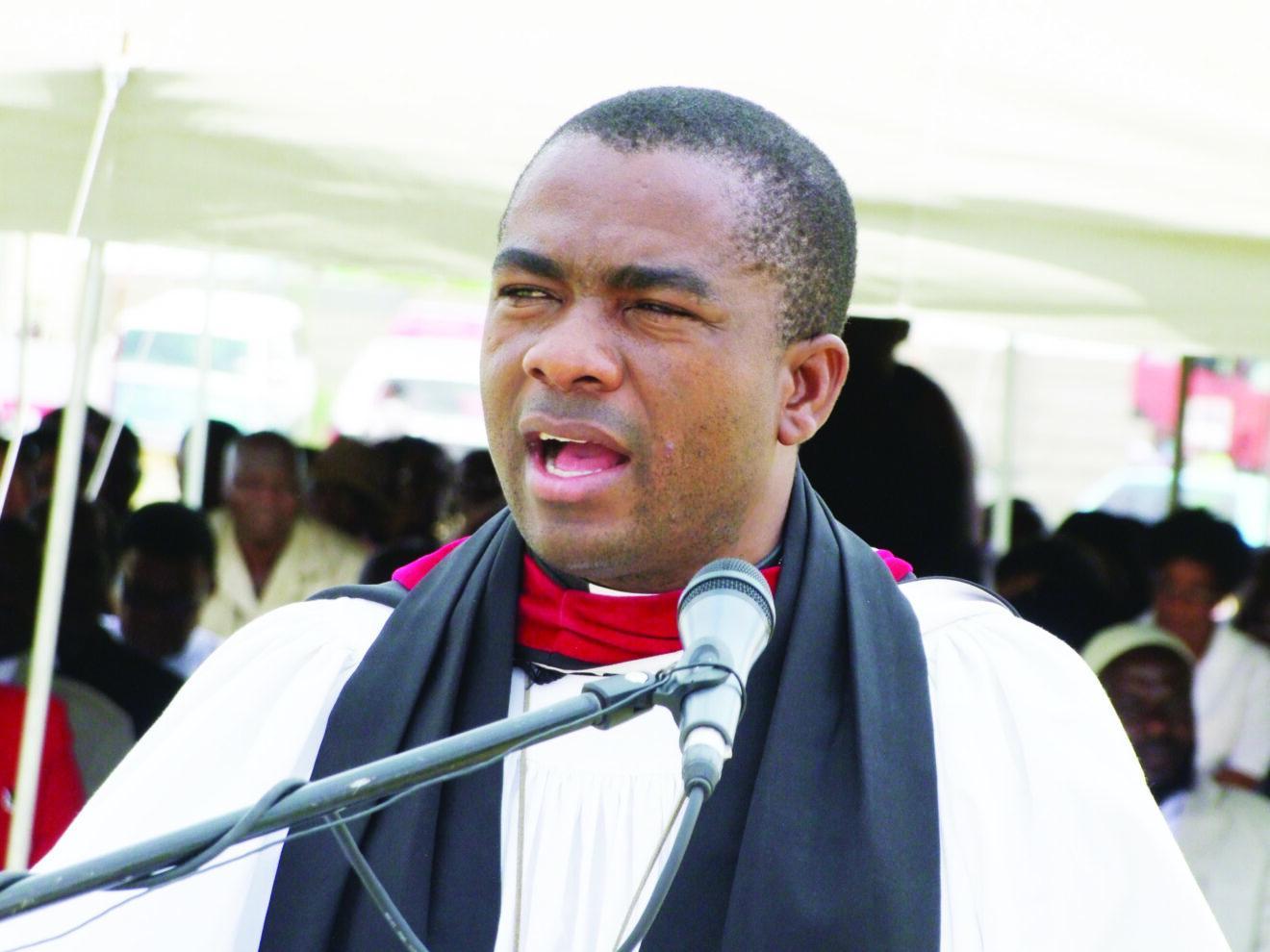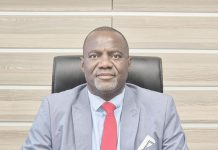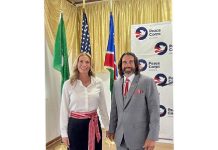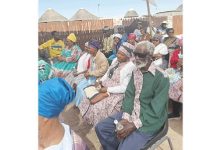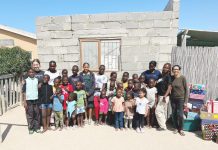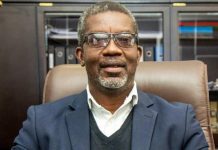Africa-Press – Namibia. Clergyman Lukas Katenda, the bishop of the Reformed Evangelical Anglican Church of Namibia, says regardless of their endeavours, religious groups should fully participate in the electoral process.
“I encourage members of our church to register to be eligible to vote during elections. Voting is a civic responsibility for all Namibians,” the outspoken Katenda said.
Speaking particularly for Christians, he said, “Voting is not in conflict with Christian principles. It is the best we can do as citizens to determine who should lead our society as president, legislator or councillor.
Only after voting for or against them can you hold them accountable. You cannot criticise them if you don’t participate in the voting process. Ignoring to vote is equivalent to permitting the status quo, and allowing unchecked ascendance to power,” Katenda said.
Comparatively, he is of the view that the church treads carefully in a democratic dispensation, especially in a country where there is separation of power between churches and State.
The Namibian Constitution, which declares Namibia a secular State, the country is unbound by religious rule.
“In the democratic processes, the church, including ordinary Christians, can participate as citizens without revealing their religious affiliation.
By this, they are free to participate directly or indirectly.
They can become politicians, and be eligible to be voted for; indirectly, they can do so by picking and supporting representatives as candidates in elections,” he said.
In the same democratic processes, church leaders can, with authority, express their voice on issues related to injustice, unfairness, corruption, favouritism, nepotism, autocracy, dictatorship and poor governance, he added.
More so, church leaders and Christians in general apportion to themselves a moral responsibility to become watchdogs and be voices for the voiceless, Katenda advanced.
“But to have that moral stature, such church leaders and such Christians must be registered as voters, and not only that, but they must also actually vote. They must do so based on the Constitution of Namibia, and after they have acquainted themselves with political parties and candidates and their manifestos,” he said.
Meanwhile, the secretary general of the Islamic Centre board Armas Shikongo, commenting on Islam’s position on voter registrations, said, “Each and every Namibian is free to decide whether to freely participate or not in any election in Namibia. I prompt my fellow brothers and sisters and the congregation to register to vote. The democratic process allows the citizenry to make an informed input into the composition of those who will rule the country.”
He added, “In any functional democracy, elections are crucial as part of the peaceful transfer of power while ensuring that the voter and citizen have a political and moral voice.”
As of Monday, at least 1.3 million eligible voters had registered to vote, according to the Electoral Commission of Namibia.
The registration exercise, which will not be extended, ends tomorrow.
“Namibians are further reminded that this is no window of opportunity for extending the voter registration period. The GVR continues across the country and at all diplomatic missions abroad until 1 August 2024,” ECN chief electoral and referenda officer Petrus Shaama stated.
For More News And Analysis About Namibia Follow Africa-Press

